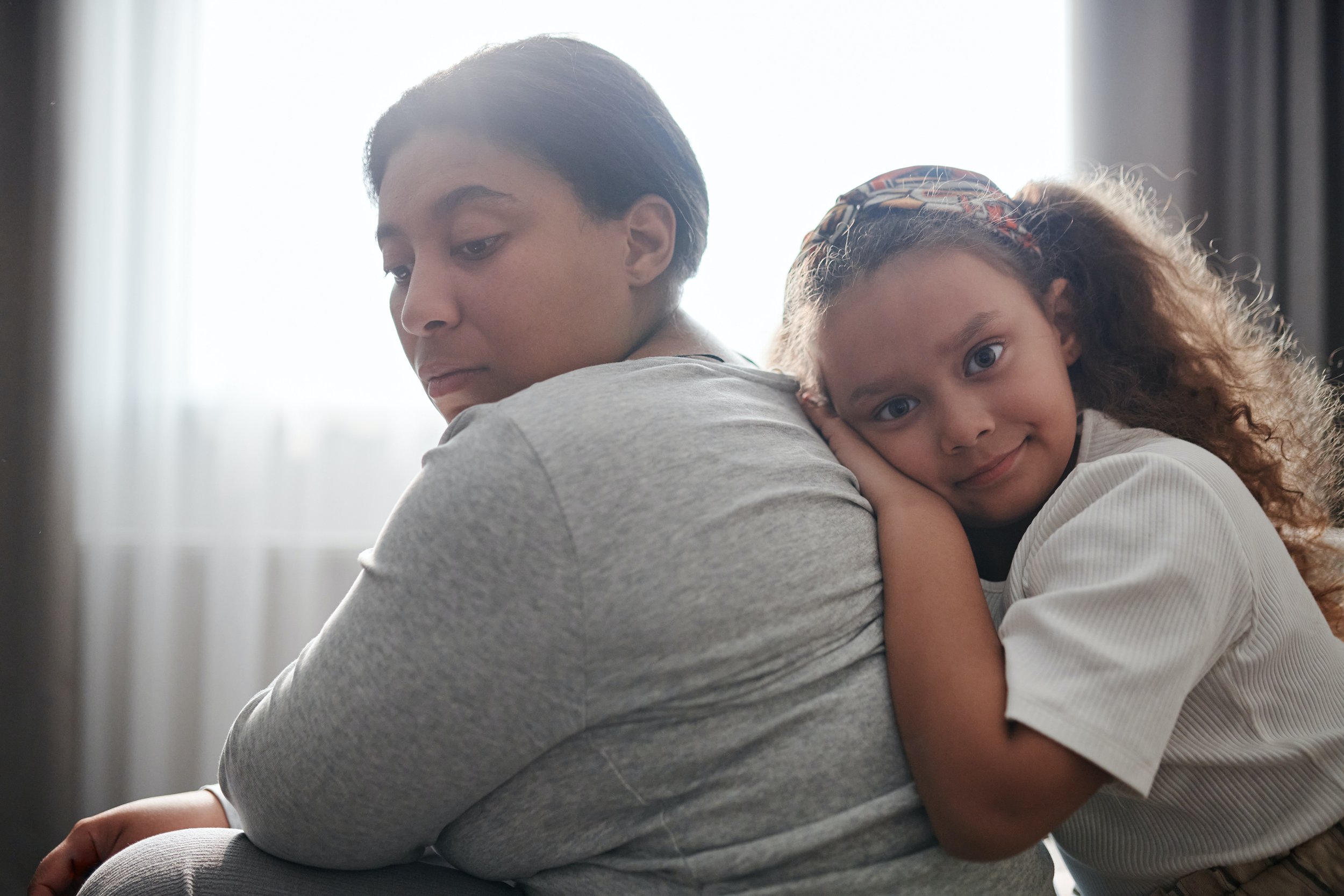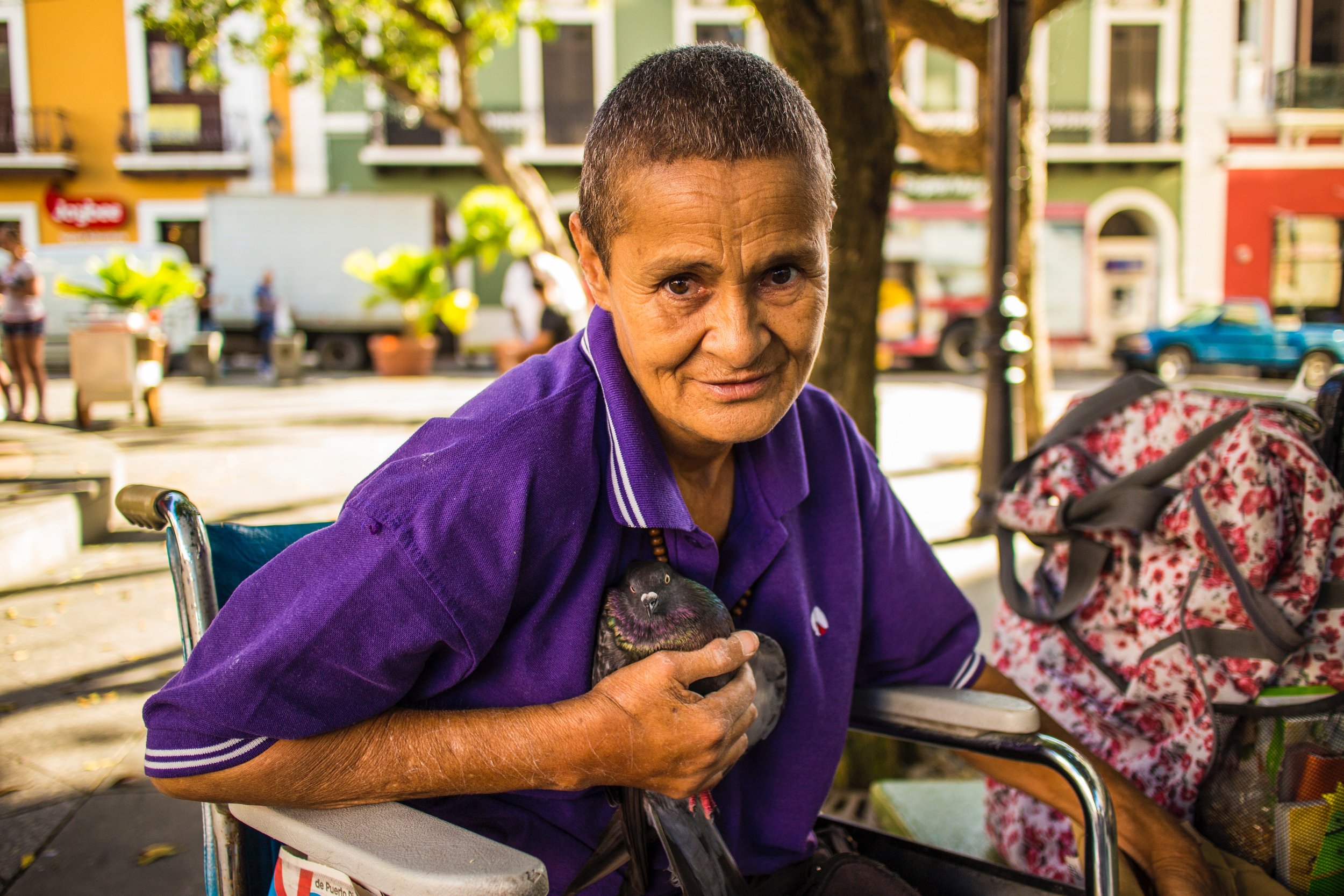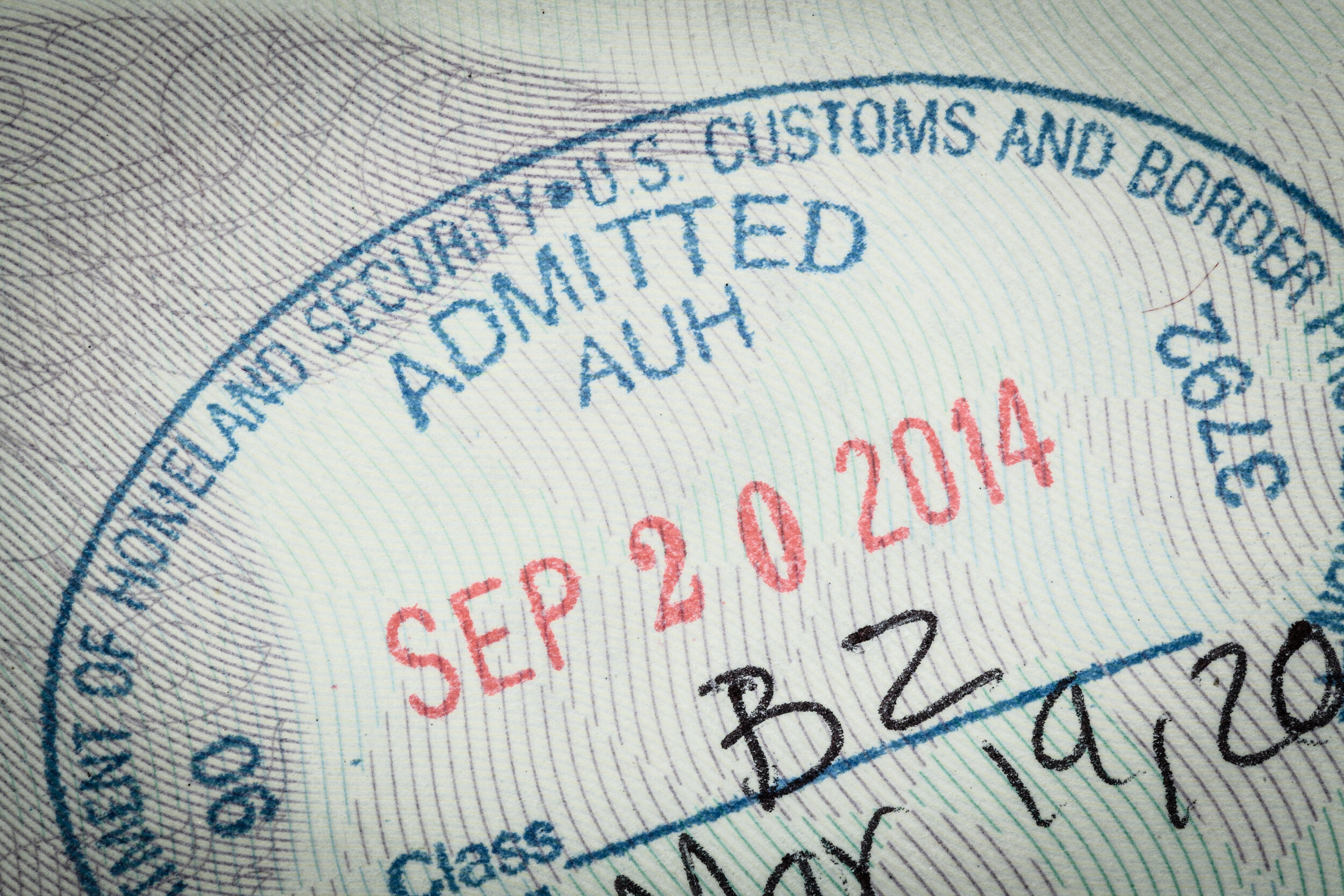
State must help provide food security
This may be a once-in-a-lifetime chance to pivot toward the kind of food system we want for Hawaiʻi’s future.

Social service workers rally at state Capitol
Lawmakers say they will use $635 million in CARES Act funds to assist the unemployed and local businesses, but advocates say it’s still not enough.

Nonprofits urge lawmakers to quickly commit federal funds to cope with social needs
The Working Families Coalition released a plan to distribute $362 million including CARES Act funds to help families with rent, food, healthcare and more.

COVID-19’s created an economic burden for women
"It's constant disruption and multitasking, feeling like you're failing at all of them at the same time," says a mother of two who's also working full time.

Whatever politics are in play, politicians must get money to those hurting most in Hawaiʻi
Nearly one-third of adults in Hawaiʻi either missed last month’s rent or mortgage payment, or have “slight or no confidence that their household can pay next month’s rent or mortgage on time.”

Hawaiʻi’s food security shaky heading into hurricane season
Almost all food the state of Hawaiʻi consumes comes through the Port of Honolulu, and there is currently no redundancy in the event of an emergency like a hurricane.

Strengthening Hawaiʻi’s food systems: keeping kupuna fed
Disaster preparedness experts have worried for years about Hawaiʻi’s food security. The COVID-19 disruption has made kūpuna particularly at risk for hunger.

Hawaiʻi’s food insecurity an urgent problem
Lawmakers and others should be taking a hard look at short-term fixes as well as long-term solutions for food insecurity.

Hawaiʻi updates: senior hunger and isolation concerns emerging
Many seniors face food challenges from mobility issues to dietary restrictions. And there’s another factor that’s increased in recent months: social isolation.

New federal rules could hurt immigrants and state economy
Ever since the proposal was first leaked, critics predicted it would have a chilling effect on legal immigrant families who are eligible for public assistance.

Working families need more relief
The statistics about how many of Hawaiʻi’s people struggle look worse with each passing year, so plainly the safety net needs reinforcement.

Civil Cafe 2020 legislative preview rehashes minimum wage, homelessness
While it is terrific that state legislators acknowledge that the cost of living is out of reach for most Hawaiʻi residents, it is also clear that the proposed $13 an hour is not a “livable wage.”

Name in the news: Daniela Spoto, Hawaiʻi Appleseed’s anti-hunger director
In a just-released report, the nonprofit’s assessment of the problem is illustrated with three pillars: access to resources, health and nutrition, and community resilience.

Advocates rally at the Capitol to demand higher minimum wage
Signs read, “Don’t make me leave Hawaiʻi,” echoing the frustration from advocates for raising the minimum.

Hawaiʻi’s economy will benefit from a higher minimum wage
Opponents can only make disingenuous arguments that rely on irrelevant information.

Hawaiʻi low-income earners could lose aid under proposed federal SNAP rule change
The rule would prevent Hawaiʻi—with its high cost of living—from waiving federal income and asset requirements to qualify for SNAP.

PHOCUSED joins forces with Hawaiʻi Appleseed Center
Together, the organizations will jointly pursue policy changes that benefit Hawai‘i’s most vulnerable populations.

Why the growing demand for AC threatens Hawaiʻi’s renewable energy goals
Far more residents now have air conditioning to deal with a warming climate. But their increased electrical use makes the problem worse.

Trump policy could have far-reaching effects on Hawaiʻi’s immigrant population
The public-charge rule has been a lightning rod in the national debate over immigration with critics accusing Trump of pushing racist policies that discriminate against immigrants.

SNAP benefits in jeopardy under Trump proposal
Nearly 16,500 Hawaiʻi residents could lose their SNAP benefits and more under a new rule change proposed by the Trump Administration
